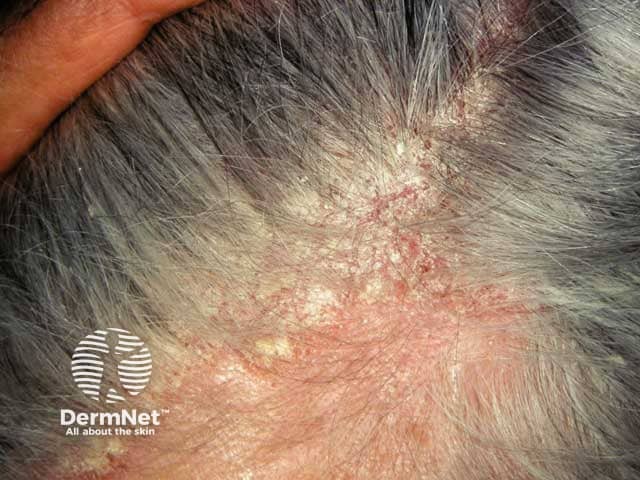- Keep Your Scalp Clean, but Don’t Overdo It
-
- Shampoo Regularly: Cleansing your scalp is important to remove buildup of oil, dead skin cells, sweat, and hair care products. How often you should shampoo depends on your scalp type.
- Oily scalp: Shampoo more frequently, such as every day or every other day, to prevent clogged follicles and excess oil buildup.
- Dry scalp: Shampoo less often, 2-3 times per week, to avoid stripping natural oils.
- Choose a Gentle Shampoo: Opt for a sulfate-free shampoo, especially if you have sensitive or dry skin. Sulfates can strip the scalp of natural oils, leading to irritation or dryness.
- Clarifying Shampoo: Use a clarifying shampoo once a month if you have product buildup, but avoid overuse as it can be drying.
- Shampoo Regularly: Cleansing your scalp is important to remove buildup of oil, dead skin cells, sweat, and hair care products. How often you should shampoo depends on your scalp type.
- Moisturize Your Scalp
-
- Hydrate Dry Scalp: A dry, flaky scalp can lead to itching, dandruff, and irritation.
- Coconut oil is gentle and moisturizing. You can apply as a pre-shampoo treatment for dry hair and scalp.
- Hydrate Dry Scalp: A dry, flaky scalp can lead to itching, dandruff, and irritation.
- Address Dandruff and Flaky Scalp
-
- Anti-Dandruff Shampoos: If you’re dealing with dandruff, use a shampoo containing active ingredients like:
- Zinc pyrithione (anti-fungal)
- Ketoconazole (anti-fungal)
- Selenium sulfide (helps control flaking)
- Coal tar (helps slow skin cell turnover)
- Salicylic acid (helps exfoliate and remove flakes)
- Avoid Scratching: Scratching can further irritate and inflame the scalp, making dandruff worse.
- Anti-Dandruff Shampoos: If you’re dealing with dandruff, use a shampoo containing active ingredients like:
- Avoid Harsh Products and Heat
-
- Avoid Harsh Chemicals: Repeated use of harsh chemical treatments, such as hair dyes, perms, and straighteners, can damage the scalp, leading to irritation, hair breakage, or thinning.
- Minimize Heat Styling: Excessive heat from blow-dryers, flat irons, and curling irons can dry out the scalp and damage hair follicles.
- Healthy Diet and Hydration
-
- Nutrition Matters: A balanced diet rich in vitamins, minerals, and fatty acids is essential for maintaining a healthy scalp. Vitamin D deficiency in particular has been linked to increased hair loss.
- Treat Scalp Conditions Appropriately
Common conditions include:
-
- Seborrheic Dermatitis (dandruff)
- Psoriasis
- Folliculitis
- Alopecia
- Manage Stress
-
- Stress can exacerbate scalp issues, such as dandruff or hair loss, and contribute to an unhealthy scalp environment. Try to incorporate stress-reducing activities into your routine, such as exercise, meditation, or relaxation techniques.

